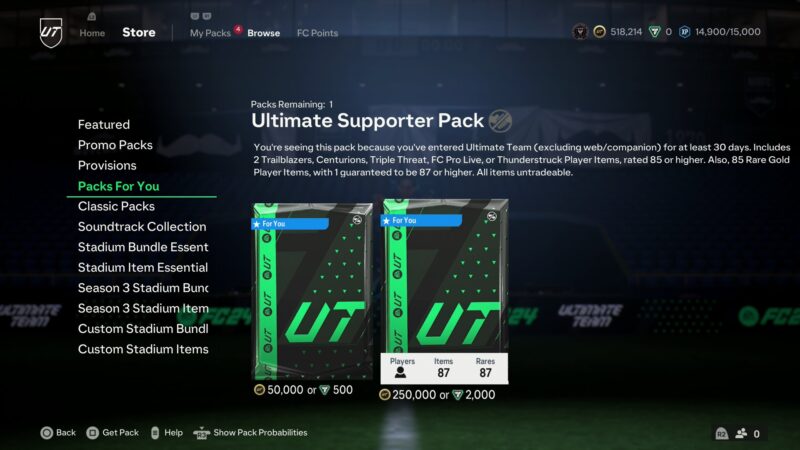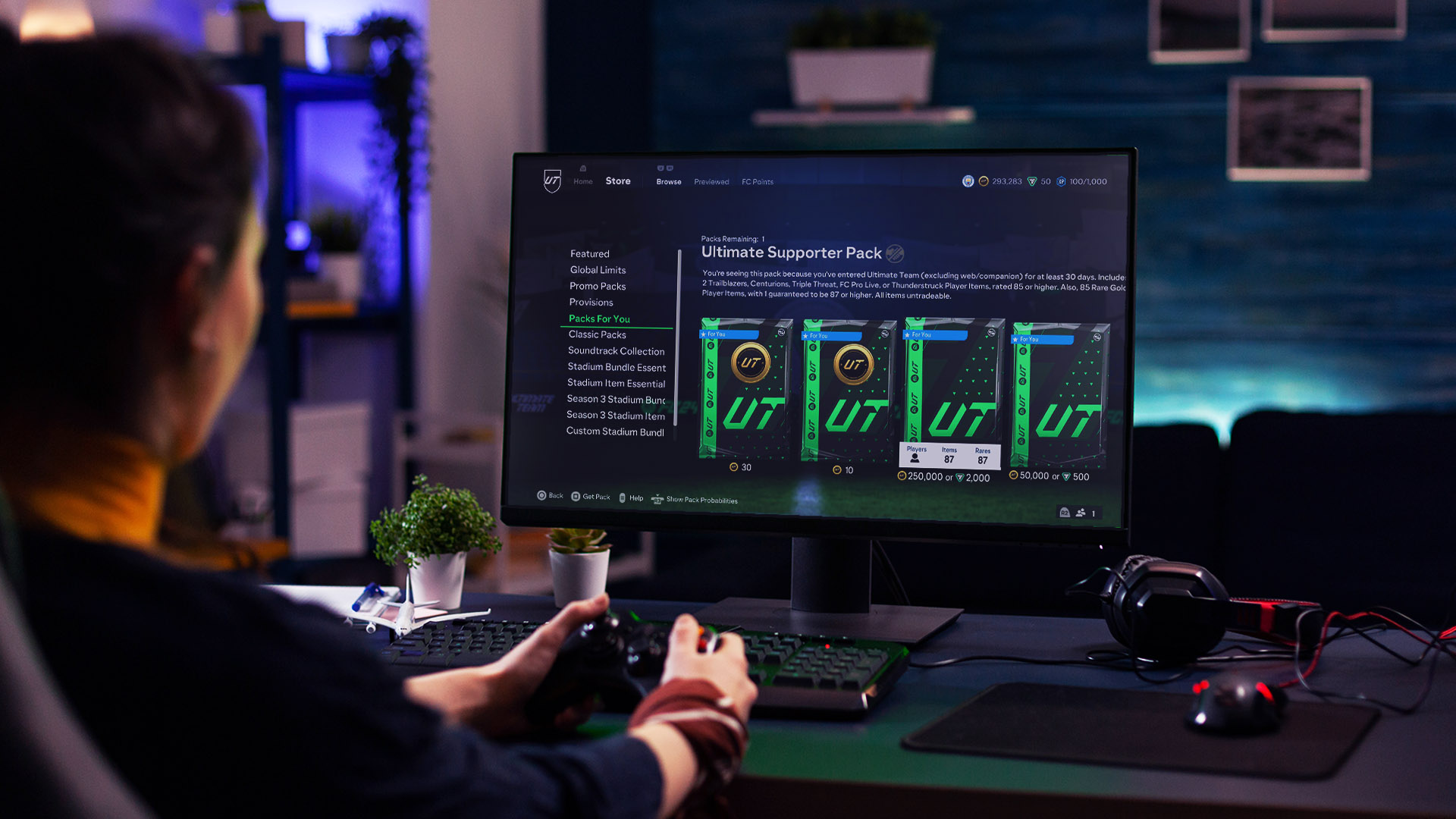The regulation of loot boxes in Asia has garnered significant attention in recent years as policymakers and gaming industry stakeholders seek to address concerns surrounding gambling-like mechanics and consumer protection.
Across key Asian markets such as China, Taiwan, South Korea, and Japan, various regulatory measures have been implemented to ensure transparency and fairness in gaming practices. Let’s explore the regulations imposed in key Asian markets:
Current Regulations in Asia
Mainland China has been at the forefront of loot box regulation, introducing requirements for companies to disclose the probability of obtaining rewards since May 1, 2017. This mandate aims to increase transparency and protect consumers from potential exploitation. Additionally, China has implemented restrictions on spending in online games and banned certain in-game incentives to mitigate the risks associated with excessive gaming and monetary expenditure.
In December 2023, new regulations were announced that aim to curb excessive spending by players on online games and introduce a ban on various monetisation tactics, including daily login rewards, first-time purchase bonuses, and incentives for repeat spenders. This crackdown comes amidst a broader slowdown in the gaming market and widespread layoffs across the industry.

Taiwan has also taken steps to regulate loot boxes, requiring companies to disclose the probability of obtaining rewards in games. This requirement, enforced from January 1, 2023, aims to provide players with clear information about the likelihood of receiving specific items from loot boxes. Furthermore, Taiwan mandates a warning message to accompany loot box mechanics, informing players of the chance-based nature of the system and encouraging responsible gaming practices.
Similar to Taiwan, South Korea has implemented regulations on loot boxes to enhance consumer protection and transparency. Starting from March 22, 2024, South Korea will require companies to disclose the probability of obtaining rewards from loot boxes in games, advertisements, and official websites. This measure aims to empower players with information about the odds of receiving desired items and reduce the potential for excessive spending or addictive behaviour.

In Japan, loot box systems, known as “Compu Gacha,” have faced scrutiny due to their gambling-like characteristics and potential risks to consumers, especially children. In response, the Consumer Affairs Agency deemed Compu Gacha a violation of consumer protection laws in 2012, leading to regulations that apply to both domestic and foreign games targeting Japanese residents. These regulations seek to safeguard players from predatory monetisation practices and ensure fair treatment in gaming environments.
EA Sports FC and FC Online: Two Sides of the Same Coin
EA Sports FC and FC Online, both developed by EA Sports, represent distinct yet interconnected facets of the popular football video game franchise. While FC caters to a global audience with its console and PC versions, FC Online specifically targets the Asian gaming market, offering a free-to-play alternative accessible through web browsers or downloadable clients.
Despite their differences in platform and distribution, both games share a common thread through their Ultimate Team modes, which heavily incorporate loot box mechanics for player card acquisition. As FC Online caters extensively to the Asian gaming market, any regulatory changes concerning loot boxes could significantly impact the game’s revenue streams and overall gameplay experiences for players.

Moreover, FC’s global presence means that regulations affecting FC Online could also influence the console and PC versions of the game, affecting EA Sports as a whole. With China leading the way in implementing stringent regulations to curb excessive spending and promote transparency, FC 24 may need to adapt its monetisation model to comply with the new mandates.
Implications for EA SPORTS FC and Gaming
Consequently, any regulatory changes concerning loot boxes in Asia would reverberate across both FC and FC Online, impacting EA Sports’ monetisation strategies and player experiences on a global scale. The game may need to overhaul its monetisation model to comply with the new regulations, potentially impacting revenue streams and gameplay experiences for players. Moreover, the requirement to store data within China’s borders could pose logistical challenges for the game’s developers and publishers.

Stakeholders in the gaming industry are closely monitoring developments and preparing for potential changes. The new guidelines, if implemented, would mark the most comprehensive regulatory overhaul in China’s gaming sector since restrictions were imposed on youth gamers in 2021. However, some analysts, such as Lisa Cosmas Hanson of Niko Partners, believe that the streamlined approval process for new games could benefit the industry in the long run.
Linking Asia’s Efforts to Doornan’s Campaign
Callum Doornan’s campaign to regulate loot boxes in the UK resonates strongly with the ongoing efforts in Asia to address the risks associated with these in-game mechanics. As advocacy groups and policymakers in Asia push for greater transparency and consumer protection in the gaming industry, Doornan’s initiative adds momentum to the global movement toward fairer gaming practices.

By highlighting the addictive nature of FC points and advocating for measures to safeguard vulnerable players, Doornan’s campaign aligns with the objectives of regulatory initiatives in Asia. Both seek to ensure that players are adequately informed about the odds and potential risks associated with loot boxes, promoting responsible gaming practices and mitigating negative impacts on player well-being.
This interconnectedness underscores the need for a unified approach to loot box regulation that transcends geographic boundaries and prioritizes player welfare on a global scale.












